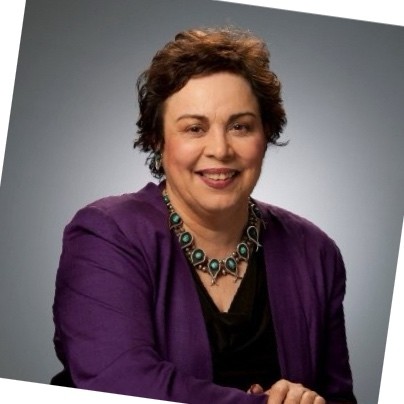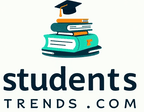Recent trends in education Unexpected developments affecting students and teachers. Schools are integrating artificial intelligence to handle administrative tasks, personalize learning materials, and provide instant feedback. AI-driven platforms are helping teachers manage classrooms more efficiently while students receive customized study plans based on their progress.
Traditional Exams Are Losing Relevance
More institutions are replacing standardized tests with continuous assessments, project-based evaluations, and competency-based grading. This shift focuses on practical skills and real-world application rather than memorization.

Skills-Based Learning Is Challenging Traditional Degrees
Employers are showing a stronger preference for specialized skills over general degrees. Short-term certifications, industry-focused boot camps, and apprenticeship programs are gaining traction as alternative education pathways.
Remote and Hybrid Learning Are Now the Norm
Online learning platforms are being widely adopted, with many schools maintaining a blend of in-person and digital instruction. This model offers flexibility for students while ensuring access to quality education regardless of location.
Mental Health Support Is Becoming a Priority
Schools and universities are increasing efforts to address student mental well-being. Counseling services, mindfulness programs, and flexible learning schedules are being implemented to reduce academic pressure and burnout.
The Cost of Higher Education Is Being Challenged
Rising tuition fees are pushing students to explore alternative routes like self-paced online courses, skill-based certifications, and employer-sponsored training. The traditional university model is being questioned as affordability becomes a critical concern.

Classrooms Are Going Fully Digital
Paper-based learning materials are being phased out in favor of digital textbooks, interactive simulations, and AI-powered tutoring systems. Schools are investing in smart boards, VR learning environments, and cloud-based collaboration tools.
Education is evolving rapidly, redefining how students learn and how teachers educate. These unexpected changes are shaping a future that prioritizes adaptability, accessibility, and real-world relevance.

I have 20 years of experience in higher education leadership. I held prominent academic positions at various institutions, concentrating on key areas such as student learning, faculty development, curriculum design, and institutional accreditation. As the Team Chair for eleven accreditation evaluations with the Middle States Commission on Higher Education, I have successfully directed thorough assessments that uphold academic standards and regulatory requirements. Furthermore, I have provided consulting services to major international institutions, offering guidance on accreditation processes, strategic planning, and governance frameworks. Her extensive knowledge in assessment, budget management, and collective bargaining and her commitment to academic excellence and institutional effectiveness make her a passionate champion for shared governance in higher education.
